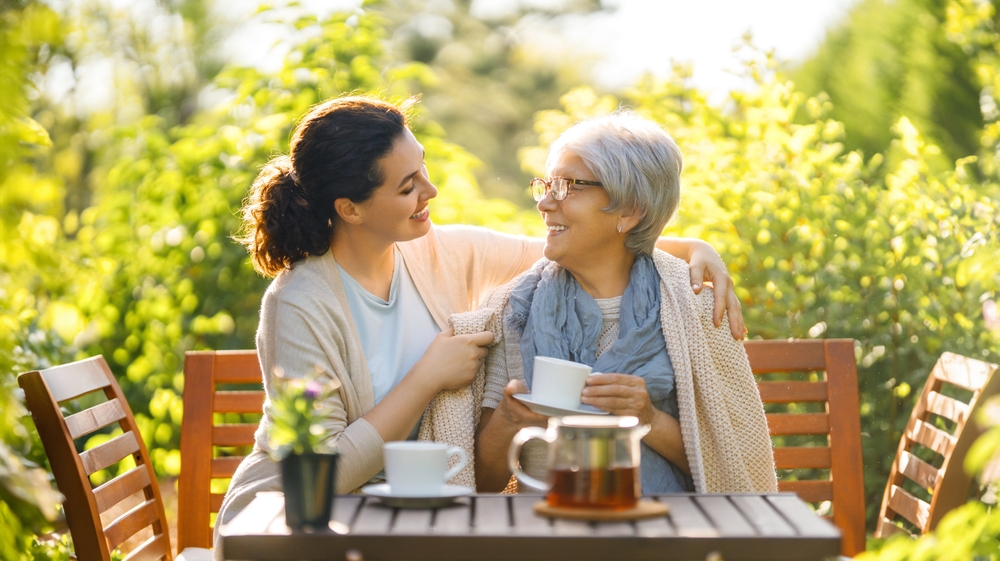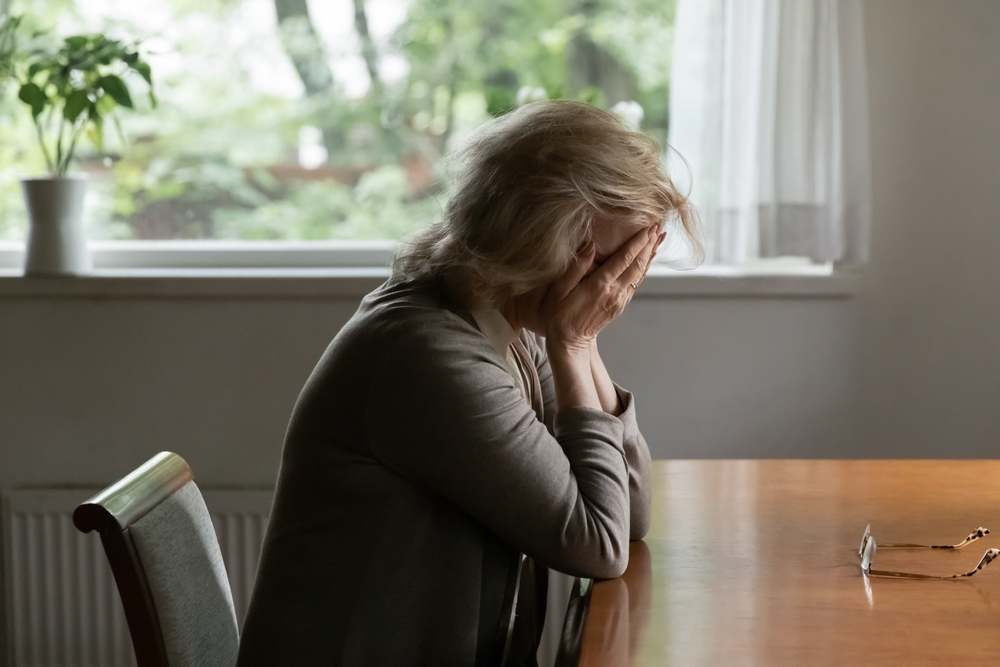
Not Just Routine: How Daily Care Can Be a Source of Joy for Seniors
Mrs. Thompson used to love her morning tea ritual. Before her arthritis made it difficult to hold a kettle, she would hum softly as she brewed her favorite chamomile, carefully selecting her cup for the day. Now, tea is just something handed to her—a task completed, a box checked. It’s warm, but it’s missing something.
This happens more often than we realize. Daily routines in elderly care—bathing, meals, dressing—are necessary, but they shouldn’t feel like a conveyor belt of tasks. Care isn’t just about getting things done; it’s about creating moments of comfort, dignity, and even joy.
The Difference Between ‘Care’ and ‘Caring’
There’s a huge difference between helping someone eat and making mealtime enjoyable. Between dressing someone and making them feel good in what they wear. The small ways we approach daily care can turn ordinary moments into meaningful ones.
Take something as simple as getting dressed. Instead of hurriedly choosing an outfit, imagine taking a moment to ask, “Would you like to wear your blue sweater today? The one your granddaughter complimented last time?” It may seem small, but for a senior, these moments bring familiarity and a sense of control—things that often slip away as they age.
Mealtime: More Than Just Eating
Food is deeply personal. It holds memories, traditions, and emotions. Yet, in many elderly care settings, meals become mechanical—served, eaten, cleared. But what if we made small shifts?
- Instead of just serving food, ask about favorite meals from childhood.
- If possible, involve them in the preparation, even if it’s just stirring or choosing between two options.
- Play soft music in the background or set the table in a way that feels inviting.
The goal isn’t just nourishment—it’s experience.
Bathing and Grooming: A Moment of Relaxation, Not Just Necessity
For many seniors, personal care routines can feel intrusive or frustrating. But they don’t have to be. A warm towel after a bath, a gentle scalp massage while washing their hair, or simply explaining each step before doing it can turn what might feel clinical into a moment of comfort.
For example, instead of rushing through brushing hair, take a moment to ask, “Would you like me to style it a certain way?” These details remind seniors that their preferences still matter.
Why This Matters
When care becomes just a checklist, it strips away the human experience. Seniors don’t just need assistance; they need connection. The way we approach daily tasks can impact their mood, self-esteem, and overall well-being.
It’s easy to get caught up in efficiency, especially for caregivers balancing multiple responsibilities. But joy isn’t in grand gestures—it’s in the little things. A moment of laughter, a choice offered, a memory shared.
Because care isn’t just about keeping someone safe—it’s about keeping them engaged, seen, and valued.

